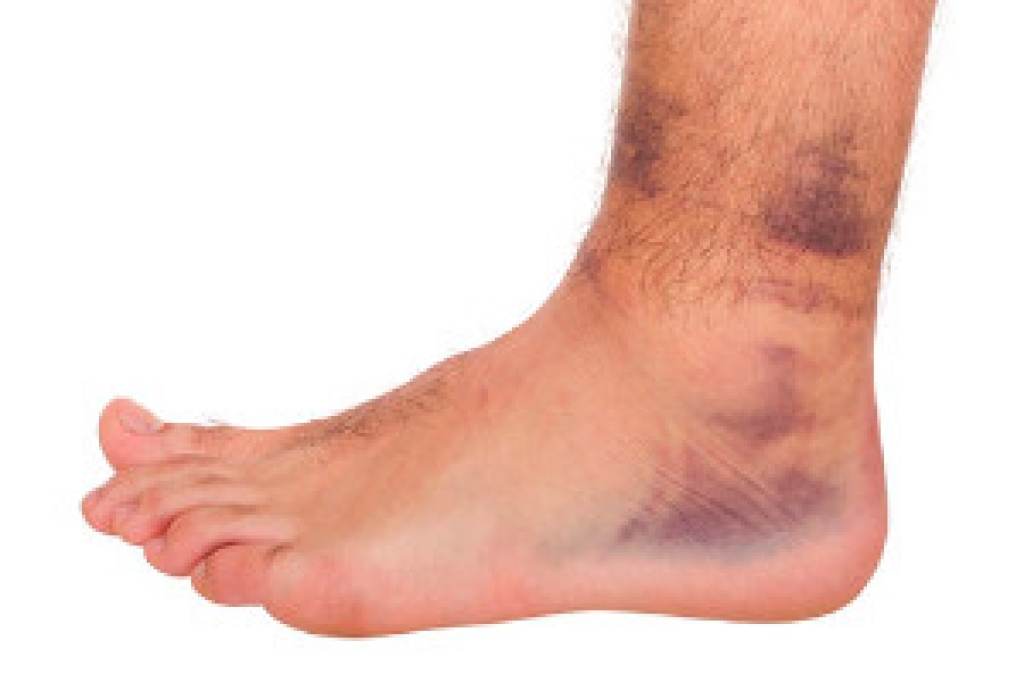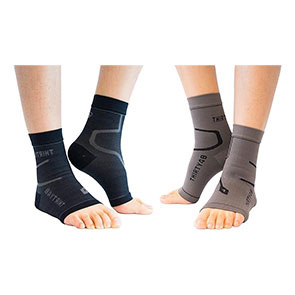
Toenail fungus is undoubtedly an unpleasant, unsightly, and potentially uncomfortable condition that can affect just about anyone. Since this condition can make the nails appear discolored and in bad form, many patients of podiatrists are curious about how they might go about preventing toenail fungus from developing. The good news is that there are several steps that an individual might take to prevent toenail fungus. If a patient uses antifungal sprays or powders, then this might significantly improve the patient’s resistance to developing a toenail fungus. Additionally, when a person properly cares for their nails, this can significantly help protect the nails from becoming infected. This includes properly cutting the nails, and ensuring that they are clean. If you are worried about preventing toenail fungus, you can make an appointment with a podiatrist today. This foot specialist will help you address your problems.
For more information about treatment, contact Kinna Patel, DPM of Sava Podiatry & Wellness Centers. Our doctor can provide the care you need to keep you pain-free and on your feet.
Toenail Fungus Treatment
Toenail fungus is a condition that affects many people and can be especially hard to get rid of. Fortunately, there are several methods to go about treating and avoiding it.
Antifungals & Deterrence
Oral antifungal medicine has been shown to be effective in many cases. It is important to consult with a podiatrist to determine the proper regiment for you, or potentially explore other options.
Applying foot powder on the feet and shoes helps keep the feet free of moisture and sweat.
Sandals or open toed shoes – Wearing these will allow air movement and help keep feet dry. They also expose your feet to light, which fungus cannot tolerate. Socks with moisture wicking material also help as well.
If you have any questions please contact our office located in Smyrna, GA . We offer the newest diagnostic and treatment technologies for all your foot and ankle needs.











